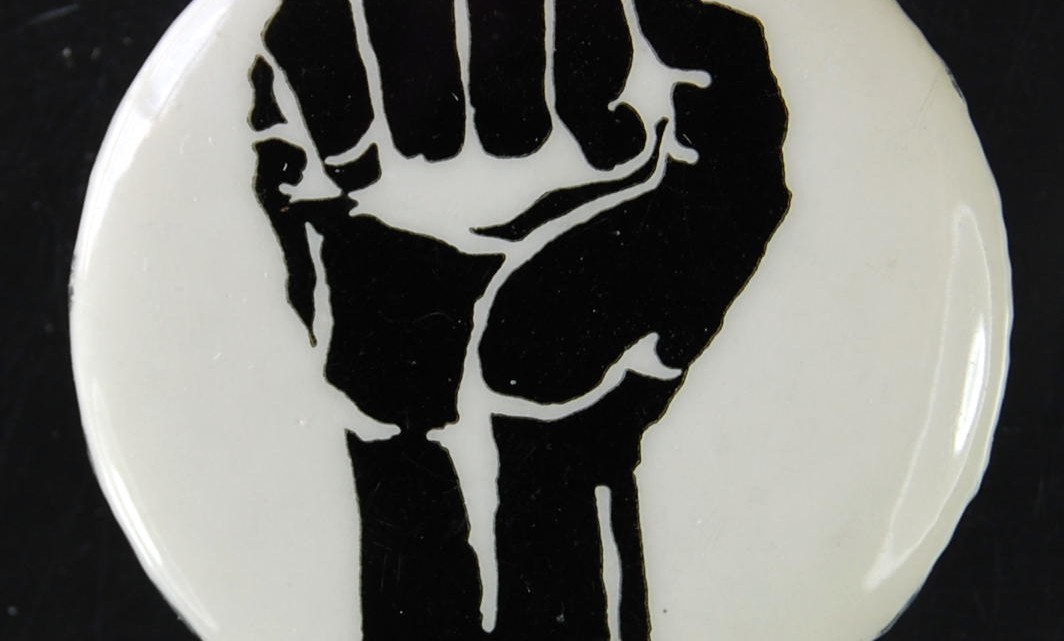Taking power, redistributing wealth, and having control over our lives, these are the major tenets that dominate our contemporary discussions about racism and economic inequality. From the nuanced discussions of academia to the popular discourse of the public media, the major concern is focused on how to take the marginalized and disadvantaged and give them access to decision making and material resources. Although this discourse is fundamentally flawed in how it approaches human flourishing, it contains truth in that it has accurately described the experience of many Americans who do not share in the abundance of American society.
People of good will must recognize that racism and economic inequality are problems that need solutions. Instead of ignoring the situation, we need to discover a fresh perspective that looks at the problem in the light of the Gospel. We need to ask new questions. The old questions are as follows: “How can I empower poor and marginalized people? How can I bring wealth from the hands of the few to the hands of the many? How can I give the poor more control over their lives?” Notice the language: power, wealth, and control. Although such questions seem to be grounded in a genuine desire to serve the marginalized, they contain within them the seeds for future corruption and injustices. Instead of using these hermeneutics, we need to develop a way of speaking based on love and friendship.
The question then becomes, “How do I build friendship between the rich and the poor? How do I promote generosity among those who have excess so as to provide for the needs of those who lack? How do I help people to experience peace and freedom regardless of their race or class?” See the difference? Instead of power, money, and control, the conversation needs to be about friendship, generosity, love, and self-forgetting. This is the path to happiness and a just society, one that promotes virtue and harmony.
In this way, the rich and the powerful must be brought into communion and solidarity with the poor and marginalized. Instead of creating discourses that cause anxiety, shame, and fear, we need to create dialogues that inspire trust, hope, and the explosive dynamic of true love. In this way, we can help the rich to not only put their monetary wealth at the service of the less fortunate, but also their minds and hearts. Instead of the rich and powerful being enemies that need to be conquered, they become partners in creating solutions to the problems that plague our society.
We need a new kind of dialogue about race and income inequality. We need a dialogue that asks the right questions and approaches the problem with the right perspective. We need a dialogue that builds up rather than destroys, a dialogue grounded in love and friendship. This is the only path to a just and harmonious society.











I like your approach. The former approaches bring out the worst in people, causing mistrust, anger and confusion. If, in our communities, we could take the approach of friendship, understanding and genuine love, I believe a more just society would be the blessed result.
I’m perplexed by the article’s supposition that our society has neglected the plight of the poor and used racism as a wedge to divide the county. Yes there are pockets of racism in some fabrics of our society, but to use this as the basis of divide is a failed statement. No society in the history of the world has spent more blood and treasure to eradicate the divide of the poor and under privileged than ours. The so called war on poverty has seen nearly a Trillion dollars spent on “lifting” the underprivileged. And I believe it was done in a genuine love for our fellow man. It would be worth discussing just how those “without” utilize their God given talents to lift themselves from the throws of poverty, rather than continue to dwell on the negative aspects of their lives. In doing so, the examples of their successes will lift those that feel marginalized to do better. The old axiom of “God helps those that help themselves”, seems rather poignant.
Thanks for your comments Fred. I would add a word of caution, the last part is not a Christian axiom, but rather seems to be what is sometimes called “Semi-Pelagianism.” The error involved argues that while God provides the beginning “push” of grace, ultimately we earn our salvation. God helps everyone and we must learn to respond to his help. The work is his, beginning to end.
Fred, I agree that a discussion of race and poverty in the american context can be quite perplexing. I think the key to “un-perplexing” the discussion begins with the understanding that the solutions proposed by both the political left and the political right are both based upon ideological foundations that are anti-christian. It is not a matter of choosing which of the two main ideologies is correct, as they are both wrong. A good starting point would be to exit the current discussions going on in our culture and spend some time reading the social teachings of the church. There is a rich heritage there, and it provides a different foundation to re-enter the discussions going on in our current culture.